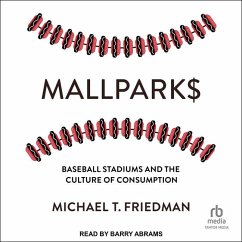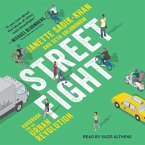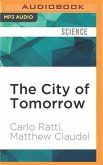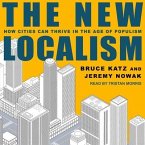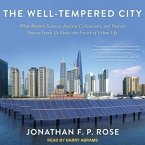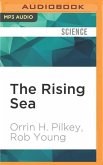In Mallparks, Michael Friedman observes that just as cathedrals represented power relations in medieval towns, and skyscrapers epitomized those within industrial cities, sports stadiums exemplify urban America at the turn of the twenty-first century. Grounded in the spatial theories of Henri Lefebvre and George Ritzer's analyses of consumption spaces, the book examines how the designers of this generation of baseball stadiums follow the principles of theme park and shopping mall design to create highly effective and efficient consumption sites. In his exploration of these contemporary cathedrals of sport and consumption, Friedman traces the history of stadium design, discusses the amenities and aesthetics of stadium spaces, and outlines the intentions and conceptions of architects, team officials, and civic leaders. He grounds his analysis in case studies of Baltimore's Oriole Park at Camden Yards, Boston's Fenway Park, Los Angeles's Dodger Stadium, Nationals Park in Washington DC, Target Field in Minneapolis, and Atlanta's Truist Park.

